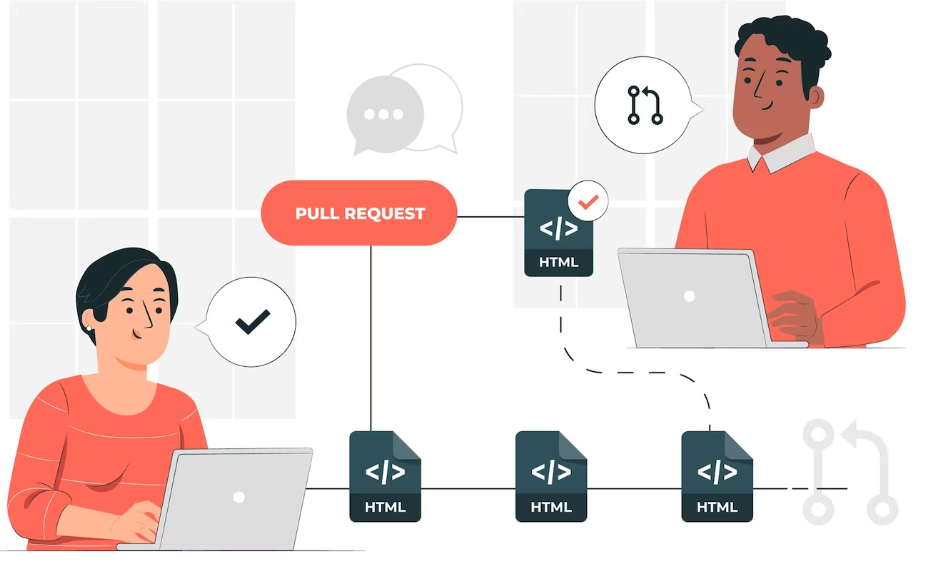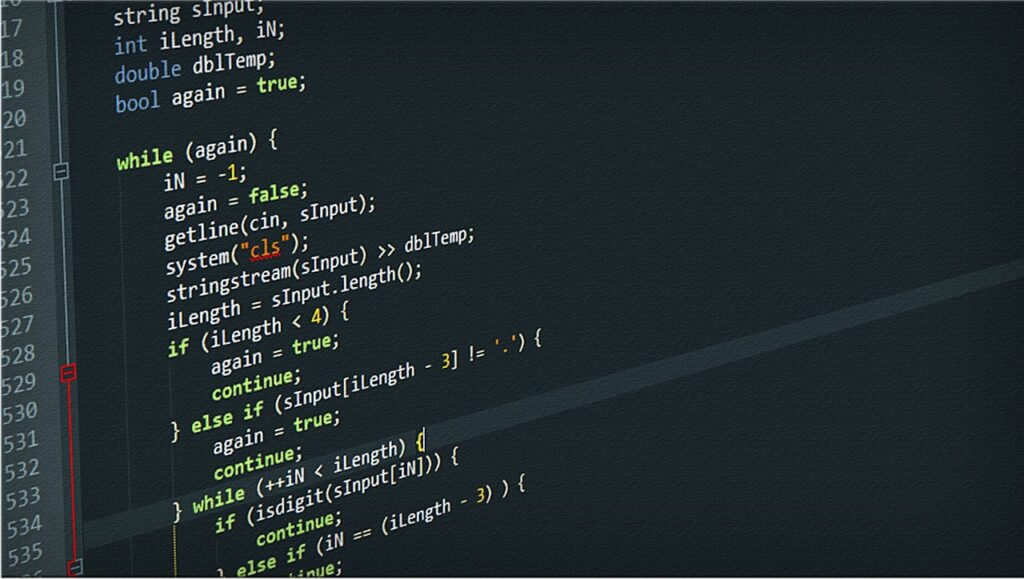Table of Contents
GitLab vs. Git-Bash: A Description of Version Control Tools

Introduction
In the world of software development, version control is crucial for managing and tracking changes to source code. It ensures that multiple developers can work collaboratively, maintain a history of changes, and revert back to previous versions if needed. Two popular version control tools are GitLab and GitBash. In this article, we will explore the features, benefits, and differences between these tools, shedding light on which one might be the right fit for your development needs.
Git-Lab: A Comprehensive Version Control Solution
GitL-ab is a web-based DevOps lifecycle tool that provides a complete solution for version control, issue tracking, continuous integration, and deployment. It offers a robust set of features designed to streamline the software development process.
Key Features of Git-Lab
- Repository Management: GitLab allows you to create and manage Git repositories, enabling efficient collaboration among team members. You can easily clone, push, and pull code, making it effortless to work on projects collectively.
- Issue Tracking: With GitLab’s integrated issue tracking system, you can create and manage issues, assign them to team members, and track their progress. This feature ensures that no task slips through the cracks and helps maintain a clear overview of project milestones.
- Continuous Integration/Deployment (CI/CD): GitLab provides built-in CI/CD capabilities, allowing you to automate the testing, building, and deployment of your applications. This feature ensures faster and more reliable software delivery.
- Code Review: GitLab facilitates the code review process by providing tools for creating and managing merge requests. You can easily request feedback from team members, discuss changes, and ensure code quality before merging it into the main branch.
A Comparison
While both GitLab and GitBash serve as version control tools, they differ in their approach and target audience.
The All-in-One Solution
GitLab aims to provide a comprehensive DevOps platform, catering to teams of all sizes. It offers an all-in-one solution that combines version control, issue tracking, CI/CD, and other features into a single platform. This makes it an ideal choice for organizations seeking a unified and integrated development environment.
A Lightweight Command-Line Interface
On the other hand, GitBash is a lightweight command-line interface that focuses solely on version control. It provides a minimalistic and efficient way to interact with Git repositories using the command line. GitBash is popular among developers who prefer working with Git through a terminal and appreciate the simplicity and speed it offers.
Choosing the Right Tool for You
When deciding between GitLab and GitBash, it’s essential to consider your specific requirements and preferences.
Factors to Consider
- Collaboration Needs: If you work in a team and require a centralized platform that encompasses version control, issue tracking, and CI/CD, Git-Lab is a suitable choice. It offers a collaborative environment where developers can work together seamlessly.
- Developer Experience: GitBash appeals to developers who prefer the command-line interface and want a lightweight tool focused solely on version control. If you value speed and simplicity and have experience working with Git through the command line, Git-Bash might be the right fit for you.
- Integration and Extensibility: Git-Lab’s all-in-one nature makes it easier to integrate with other development tools and services. It provides a wide range of built-in integrations, making it a versatile platform. On the other hand, GitBash can be integrated into various development workflows and tools due to its command-line nature.
FAQ’s
Q: Can I use these both together?
A: Yes, you can use these both together. Git-Lab provides a web-based interface and various collaboration features, while GitBash offers a command-line interface. Developers can choose the tool that suits their workflow best, and the repositories can be accessed and managed from either tool.
Q: Does it support continuous integration?
A: Yes, Git-Lab has robust support for continuous integration. It offers built-in CI/CD capabilities, allowing you to automate the testing, building, and deployment of your applications. This feature ensures faster and more efficient software delivery.
Q: Can I use it on different operating systems?
A: Yes, GitBash is compatible with multiple operating systems, including Windows, macOS, and Linux. It provides a consistent command-line interface across these platforms, making it accessible to developers regardless of their operating system preference.
Q: Is it suitable for small teams?
A: GitLab caters to teams of all sizes, including small teams. It provides an intuitive interface, collaboration features, and a scalable infrastructure that can accommodate the needs of small and large teams alike.
Q: Can I self-host it?
A: Yes, GitLab offers both a self-hosted version and a cloud-hosted version. If you prefer to have full control over your infrastructure and data, you can opt for the self-hosted version of GitLab.
Q: Does it support GUI interfaces?
A: No, GitBash does not have a graphical user interface (GUI). It operates solely through the command line, providing a lightweight and efficient way to interact with Git repositories.
Conclusion
In the realm of version control tools, these both offer distinct approaches and cater to different needs. Git-Lab provides a comprehensive DevOps platform with a range of integrated features, making it suitable for teams of all sizes. On the other hand, GitBash focuses solely on version control and offers a lightweight command-line interface preferred by developers who value simplicity and efficiency.
Ultimately, the choice between these two depends on your specific requirements, collaboration needs, and personal preferences. Consider factors such as team size, developer experience, and integration possibilities to determine which tool aligns best with your workflow.
check out some other blog
how to be full stack developer

